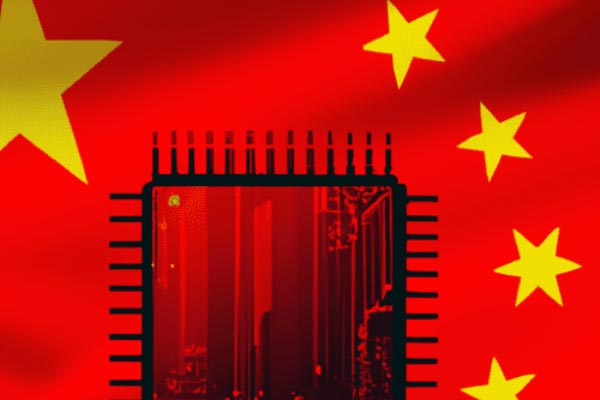HiSilicon, the semiconductor subsidiary of Huawei, has launched the Ascend 910B AI-GPU processor and is enjoying strong orders for the part from across China, according to TrendForce.

US restrictions are impacting the sale of AI chips to China – such as Nvidia’s H100, H800 and A100 and A800 – as well as access to the chip manufacturing equipment and the EDA software that would allow China to design and manufacture its own equivalents.
However, the Ascend 910B provides good performance for many applications and the chips are being used in Huawei’s public cloud infrastructure and being sold to others said the Taiwan based market researcher. China’s internet services provider Baidu has ordered over one thousand Ascend 910B chips for AI servers.
TrendForce speculates that the Ascend 910B is manufactured using the N+2 process at foundry SMIC. The so-called N+1 process was as being close to 7 nm but on a relaxed pitch for polysilicon, fin and metal interconnect.
The N+2 process is SMIC’s second generation 7 nm manufacturing process but comes with the disadvantage that the foundry has no access to extreme ultraviolet lithography. This means that multiple passes of immersion lithography must be made to define the smallest structures which affects yield and cost.
In addition, TrendForce points out that N+2 process capacity at SMIC is almost entirely allocated to Huawei’s smartphone products, potentially limiting future capacity for AI chips.
TrendForce said that the Ascend 910B performance is slightly behind Nvidia’s A800 AI processors and uses a different software ecosystem to Nvidia’s Cuda.
TrendForce said US-imposed manufacturing equipment restrictions are preventing Chinese chip makers from progressing beyond about 7 nm. And EDA restrictions are effectively preventing them Chinese fabless chip companies from adopting 5 nm and more advanced processes and from getting such ICs made externally.
